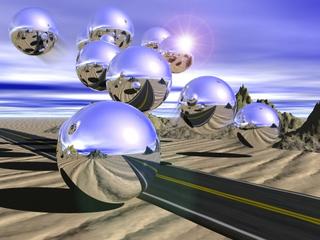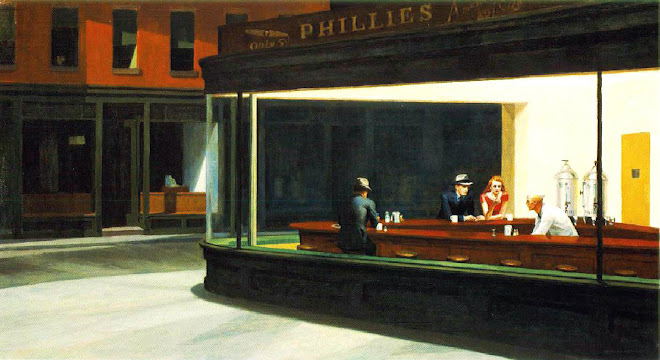
Some of Life’s Really BIG QUESTIONS (according to Moo Moo Camus)
The Universe
(Including ALL space and ALL time.)
It is a really big and violent universe. Things are exploding in it all the time (stars, supernovae, black holes, etc.) It’s an awfully unfriendly place, too. Not terribly hospitable to biological creatures like ourselves, who prosper only in very particular and rare kinds of bio-environments. And, by the way, space is really cold and, according to recent evidence, is getting bigger by the light-year.
So,why should we humans have good luck and hope for happy and pleasant lives? Most of what we know about what’s “out there” is really not that warm and fuzzy. Let’s thank our lucky stars that we made it this far, and let’s keep our fingers crossed!
“Nothing exists except atoms and empty space; everything else is opinion.”
Quoted in Diogenes Laertius's Lives of the Eminent Philosophers
Existence, being
One of the perennial questions of philosophy is, ‘Why is there anything, anyway?’ Why does anything exist? Oh yes, and just what the heck is existence, anyway? (Unfortunately, I can’t read, let alone, comprehend Heidegger!)
Some possible answers:
1. God “needs” a universe to make his/her/it’s power and being manifest (Hegel, I think?) Though, why this manifestation is so important to an omnipotent god is not at all clear to me? (Couldn’t God just as easily choose not to be?)
2. What would a universe” be” without anything in it at all, a universe in which nothing exists? What would nothing, really nothing, “look” like? (Thomas Nagel, I think?)
Essentially, I think the argument runs, you’ve gotta have something (even if most of it is dark matter).
Death
Why do living things (of course, I will not mention any specific species or proper names, here) come to an end? Why do beings die?
Possible explanation: No death, then no intergenerational evolution. No evolution, then no innovation. No innovation (i.e. biological innovation), then no adaptation to changed circumstances and environments (assuming changed circumstances, of course). No adaptation to changed circumstances and environments, then species DEATH!
This (i.e., species death) is not good (counterproductive) for being, especially human being!
It would appear then, that individual (ontogenetic) death is the necessary price we pay for species being (phylogenetic) in an ever-changing universe.
Does this mean the species prospers, i.e., learns and improves, because we, as individuals, die? Yikes!
Human Evolution
OK, this is a long story, so I will keep it short, here. It looks like we evolved from something (Prosimians) that lived in trees about 40-50 million years ago, then into monkeys, then more upright monkey-like beings. (We share a common ancestry with apes, chimps and gorillas.) Then a bunch of splits in the hominid family tree and, so on, till there you have it, humans. (Good thing the dinosaurs went extinct or it would have been a whole other story.) The process continues as we speak, of course, and who knows where it (and we) will end?
If there are a lot of failed branches in the family tree, extinctions that were “selected out” because of insufficient or adaptively “weak” characteristics, could it be that homo sapiens, too, are only one moment in a larger evolutionary stream which in the end may not include humans? Who says we are privileged survivors in the long run? Oh, Oh!
Human societies and inequality. You know the story. Societies have to scavenge or produce stuff in order to survive. When societies reach a point where they are not simply living hand-to-mouth, that is, when they reach a point above the level of subsistence, they have to decide how to distribute the social surplus (i.e., everything that isn’t immediately consumed.) “Who gets what” and “Who decides who gets what (a strongman or a market?) are among the key questions. Who gets the goodies and how they get them has differed in different societies. Usually, it’s priests, kings, capitalists, you know, the usual suspects. In capitalism, of course it is impersonal markets that decide, (assisted by armies, states, politics and other sorts of extra-market institutions.) Result: Lots of inequality. Bad.Economic equality becomes more important than ever. On it, rests social equality, and perhaps the fate of the species.
We live in a world of immense disparities. One hundred and thirty five of the world’s most wealthy individuals have assets that equal those of nearly two billion of the earth’s “less fortunate” people.
It occurs to me however, that we know (all too well) what inequality looks like. But we don’t know much about what global equality, would look like. Hmm, I wonder???

